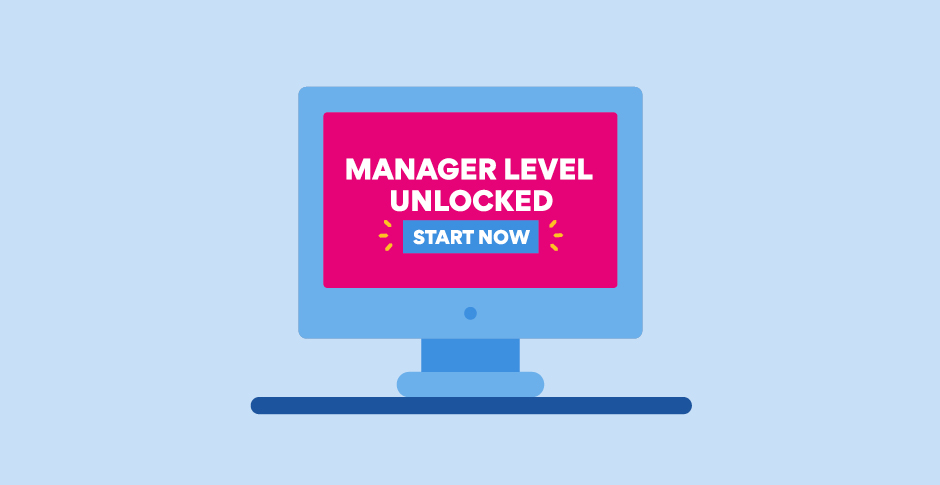Are you an introvert or an extrovert? Both personality types can become influencers in the workplace if they know how to harness their plus points.
Building influence in the workplace starts with understanding your own personality traits and those of your colleagues so that you can communicate effectively.
Are you an introvert or an extrovert or somewhere in-between?
Introverts: are keen observers and selective speakers. Because introverts sit back and listen, they often possess well-considered and strategic ideas. For introverts, the biggest barrier to being influential in the workplace is effective communication. By building confidence in their ability to communicate, introverts can become great influencers.
Extroverts: It can be easier for extroverts to be influential in the workplace as they have a bigger presence. Because they’re often outgoing, socially confident and like to talk they can get their message across. Where the influence of extroverts tends to waver is when ideas are presented without thorough consideration. To be more influential, extroverts must learn to be great listeners as well as great presenters.
How to build influence
To overcome your own barriers when it comes to influencing others, it’s essential to recognise and understand your behaviours, says Steve Bennetts, a business psychologist at Chandler Macleod Group. By understanding your behaviour and how it impacts others, you increase your emotional intelligence, which can really benefit your career.
By understanding your behaviour and how it impacts others, you increase your emotional intelligence, which can really benefit your career.
Introverts:
- Make space in your day for activities in the workplace that involve other people. Building and fostering relationships will help you to develop your communication skills – a key to influencing others.
- Notice that your natural stance is to take a step back physically and mentally before involving yourself in conversations. Always ask yourself if you’re giving off signals that you’re not interested in engaging, says Bennetts.
- Express yourself more. Introverts are great listeners but don’t always make others aware of what they’re thinking by expressing those thoughts. Try paraphrasing what has been said and use this as a launchpad to share your own ideas or influence the conversation.
Extroverts:
- Watch your body language and that of your colleagues. Do your colleagues like to be touched on the shoulder or hugged, as extroverts are sometimes inclined to do? This can be a real issue for some people and may lead to them disengaging from the conversation.
- Be aware that whilst you might crave positive reinforcement your introverted colleagues may not be able to give it. Understanding how others engage in conversations will help you to steer the discussion in the right direction.
- Build your reflective listening. That involves seeking to understand what is being said to you and repeating your understanding of the idea back to the other person to show that you’ve understood.
An occupational psychologist can help both introverts and extroverts work through their behaviours and anxieties. Extroverts are less likely to engage with psychologists, but could benefit hugely from doing so and enrich their lives at the same time, Bennetts says.
Large organisations may have a psychologist on staff or provide access to one through wellness programmes. Take advantage of that opportunity.



